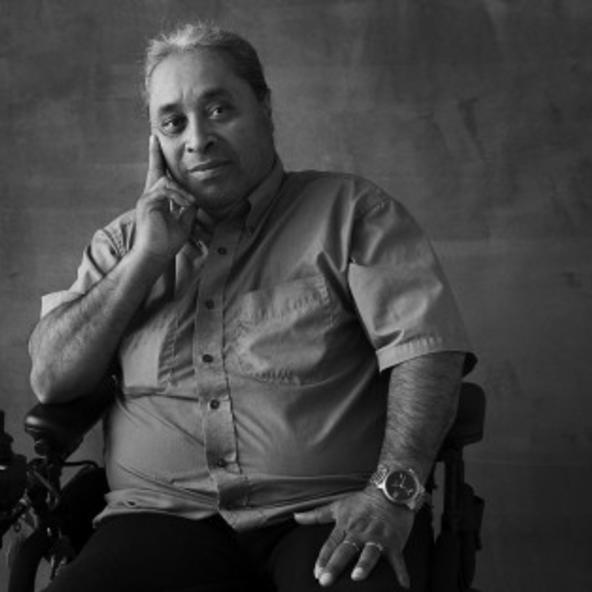James Reed

Ten years ago, Mr. Reed was in a new relationship and he was overjoyed when he learned he was going to be a father. When the child was born, he signed an Acknowledgment of Paternity, but he did so without any of the legally-required notifications and disclosures, important protections required to ensure that putative fathers do not lightly undertake the lifelong commitment of paternity.
Determinations of paternity have far-reaching consequences regarding custody, decisions related to education and healthcare, and more. When an Acknowledgment of Paternity is signed by a non-biological father, all these rights are stripped from a true father who should have the opportunity to be involved in his child’s life.
After the child was born, Mr. Reed realized that the child may not be his. Over the years, Mr. Reed was brought to court by the government several times for child support, but his requests were denied.
With the help of Jamie Sparano, staff attorney in the Domestic Violence/Family Law Unit, Mr. Reed told his story yet again. This time, the judge was convinced that the Acknowledgment of Paternity was invalid and ordered a DNA test.
Throughout the case, Mr. Reed was adamant that he would pay support gladly if indeed the child was his. However, after a decade of child support hearings, Mr. Reed soon learned that he was not the father, bringing much-needed clarity to Mr. Reed and, frankly, the family in question. With paternity disestablished, Mr. Reed will no longer be brought to court to support a child who is not his own —and the mother will now be able to pursue the actual biological father in the case.




